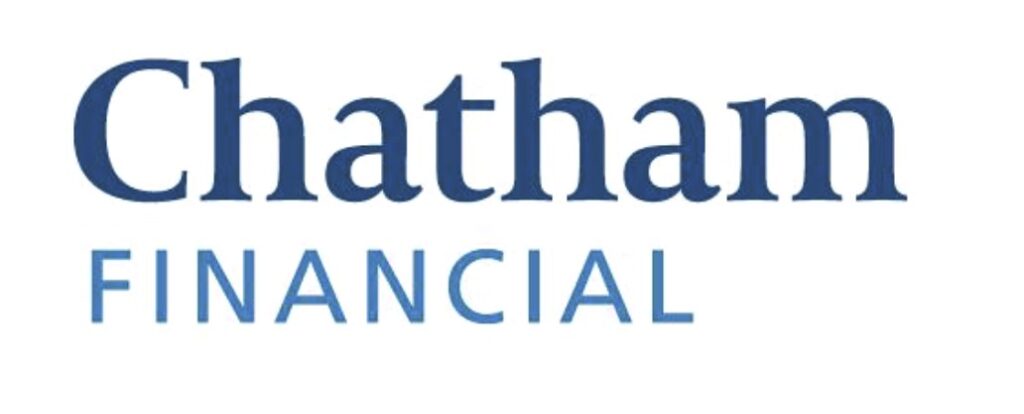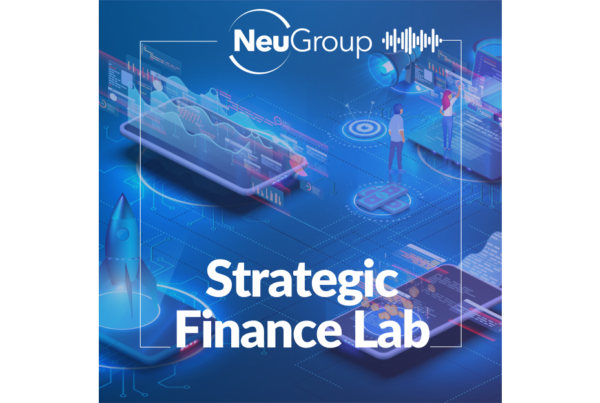
A soaring dollar is threatening earnings; get ready for more CFO questions.
The dollar’s ascent is causing a lot of heartburn for CFOs and boards. A stronger greenback reduces the value of FX-denominated income. For many US companies, foreign income comprises a large chunk of total revenue; thus, the hit to earnings can be substantial. In recent NeuGroup peer group sessions, the topic of containing the impact of a stronger dollar on financial results has been prevalent and reached far beyond the confines of our two FX risk management peer groups. ”The rise in the dollar value has triggered a sharp focus on members’ risk management programs,” said NeuGroup Director Julie Zawacki-Lucci, who leads the FX groups. “Members are re-examining their hedging processes. Treasuries are under pressure to explain their results to senior management.”
Asked and answered. “Among our clients, we see CFOs asking a lot more questions,” said Chatham Financial’s Jason Peterson, “because the currency landscape is really impacting corporate earnings.” Treasury is in the hot seat. It must respond quickly and clearly to demands for information and report on the effectiveness of the hedging program and explain the correlation between the company’s currency exposures and EPS—by currency. The upshot is that treasuries need a more sophisticated end-to-end FX risk management solution, which provides greater flexibility and advanced reporting functionalities.
Just having the right data is not enough. It’s critical that companies forge a strong partnership with their risk management technology solution provider. At one company, which derives over 50% of its revenue from overseas, a previous standalone tool became outdated, and the vendor ceased making upgrades. When seeking to replace the product, treasury wanted more than just another product. “We were looking for more of a partner with thought leadership and an industry-leading technology product offering,” said the FX manager. “We looked at multiple options outside of our prior system,” she said. “What we found is that Chatham is an organization that is chock-full of thinkers who are really knowledgeable, who can answer any question and have their fingers on the pulse of the market,” she added.
The need for speed. “You can’t tell the CFO or the board that you’ll get back to them in a couple of days,” Mr. Peterson said. Unfortunately, this functionality is absent from many of today’s TMS because they lack the reporting flexibility of a best-of-breed tool like ChathamDirect, which offers dynamic interaction with data. “BI reporting tools (Power BI) are embedded within our product,” he explained. “It’s a lot easier and faster to extract insight and reporting and drill down by currency. Having access to the information and the ability to cut through and produce visualization enables you to quickly answer critical questions that inform management decisions.”
The ability to run analytics and answer management questions at speed is in large part a function of ChathamDirect’s holistic solution. “With Chatham, we have an end-to-end trading solution,” said one member. “At the front end, Chatham Direct is fully integrated with FXall, our trade execution platform,” he said. “Then new trades migrate seamlessly into the solution to enable analytics and hedge accounting reporting.”
Overcoming legacy concerns. An important reason finance and treasury have sought one-stop solutions has been the difficulty of integrating disparate systems. “The market needs to reorient itself away from adopting all-in-one solutions that often lack optimal functionality in specific areas, in particular for risk management,” Mr. Peterson noted. With the advent of APIs, “today’s systems have a much easier time talking to each other.” For example, ChathamDirect provides real-time integration with the ERPs, trading portals, settlements and G/L hedge accounting—all by leveraging APIs.
As treasury knows all too well, the transition from an existing system to a new system can have important data implications. As one company migrated from its legacy solution “we had to move all existing trades to Chatham,” says the FX manager. “It was a nerve-wracking process. The company had to reformat the data and make sure every single trade, of the thousands on the system, got migrated. Chatham made the process less painful. “They were very instrumental in supporting this difficult process, because of their commercial and technology expertise. “We never felt that they were getting impatient.”
Improving the economics. Accurate forecasting is often the most challenging hurdle that risk managers face. Because of the current economic volatility, forecasts may be less reliable. As a result, many treasuries hedge a smaller portion of their exposure, in order to not run afoul of hedge accounting rules. Thus, they create the potential for a significant impact on earnings—with which most CFOs, boards and investors are uncomfortable. Much of the effect on the bottom line is driven by limited TMS hedge effectiveness measurement functionalities – often limited to the critical terms match (CTM). In contrast, ChathamDirect supports multiple hedge effectiveness methodologies. “As organizations reconsider their hedge programs, marrying the desired economics with the accounting constraints can be a challenge,” said Mr. Peterson. “Our regression and triple regression models enable treasury to protect a larger share of its cash flow exposures, from the typical 50%-60% for the near-month to up to 80%-90%,” Mr. Peterson said. “By increasing the hedge ratio and extending the effectiveness window, treasury can produce better economics for the organization.”
“While we still use CTM for hedge accounting, our understanding of the hypothetical derivative method is that it gives you more flexibility with the effectiveness of your hedges,” one FX manager explained. “We are starting to be a little bolder in looking at the program and improving it.” In a recent situation, the company found that it inadvertently over-hedged. “Chatham was helpful in allowing us to understand the guidance on this.”
Designed by practitioners, supported by practitioners. The expanded functionality and greater flexibility provided by ChathamDirect reflect the origins of the tech platform. “It was developed with deep corporate treasury expertise,” Mr. Peterson explained. In addition, because Chatham operates multiple hedge programs on behalf of Fortune 500 companies, it also has first-hand experience in addressing the challenges of corporate risk management programs; that knowledge informed the solution’s design. In addition, customers get more effective support when they need it, because staff is familiar with the process, not just the technology.
This capability was particularly important to one member who joined treasury’s FX group at the start of 2022; the relationship with Chatham Financial enabled him to quickly come up the learning curve. “I have never done FX before,” he noted. “But I’ve been able to schedule calls whenever I need to and leverage their expertise.” He added that Chatham acts as a resource not only from a system standpoint, but also a strategic perspective. “They speak the language and have practitioner experience.” The ease of communication “exposed me to different functionalities as well,” he said. Ultimately, “this is where the technology and your hedging strategy come together.”
This developmental aspect was also critical for another FX manager, who experienced significant turnover in her group. “Their willingness to bend over backward helped me sleep at night,” she said. The turnover complicated the team’s domain knowledge. “It was good to know that FX was in good hands.”



